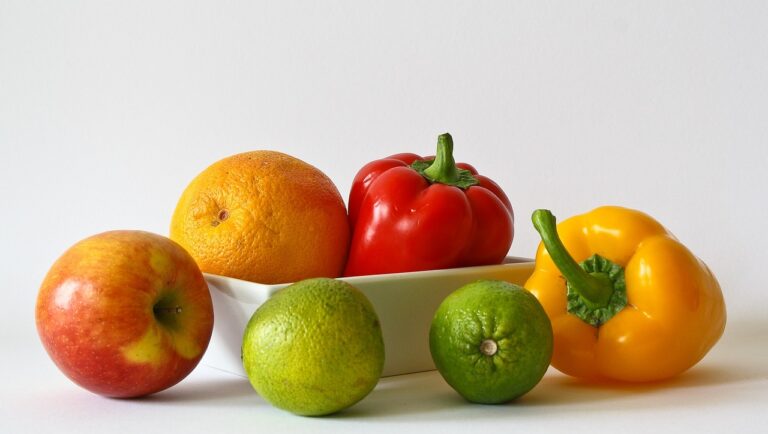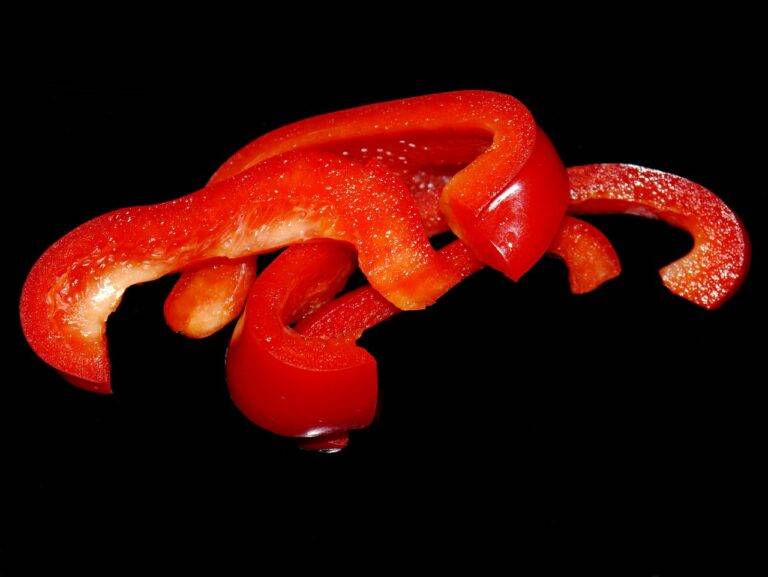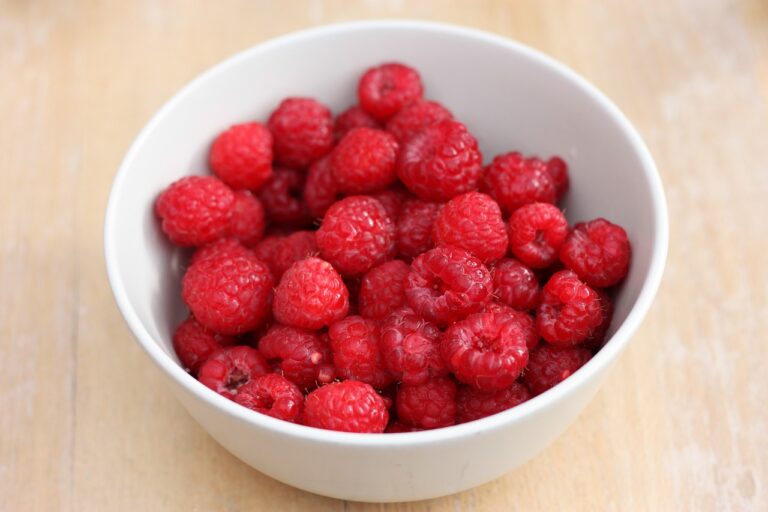The Role of Honey Bees in Organic Farming: Lotusbook 365, Play99exch, All panel mahadev
lotusbook 365, play99exch, all panel mahadev: Honey bees play a crucial role in organic farming, serving as essential pollinators for a wide variety of crops. These tiny insects are responsible for pollinating approximately one-third of the food we eat, making them indispensable partners in sustainable agriculture practices.
The Role of Honey Bees in Organic Farming
Pollination is a vital process in agriculture, as it is necessary for the reproduction of flowering plants. When bees collect nectar from flowers, they inadvertently transfer pollen grains from the male part of the flower to the female part, resulting in fertilization. This process is essential for the production of fruits, vegetables, and seeds.
Organic farming relies on natural methods and avoids the use of synthetic chemicals and pesticides. By utilizing honey bees as pollinators, organic farmers can ensure the health and productivity of their crops without compromising the environment or the health of consumers.
Benefits of Honey Bees in Organic Farming
1. Improved Crop Yields: The presence of honey bees in organic farms leads to higher crop yields due to increased pollination. This results in better quality fruits and vegetables, which are more desirable to consumers.
2. Biodiversity: Honey bees help maintain biodiversity by pollinating a wide range of crops, including fruits, vegetables, and nuts. This diversity is essential for a healthy ecosystem and ensures the survival of numerous plant species.
3. Soil Health: Organic farming practices focus on building healthy soil through natural means. By promoting pollination through honey bees, organic farmers can improve soil fertility and reduce the need for chemical fertilizers.
4. Sustainable Agriculture: Honey bees are essential for sustainable agriculture, as they provide a natural and renewable resource for pollination. By supporting honey bee populations, organic farmers can ensure the long-term viability of their farms.
Challenges Facing Honey Bees
While honey bees play a critical role in organic farming, they face several challenges that threaten their populations. These challenges include habitat loss, pesticide exposure, and diseases such as colony collapse disorder. Additionally, climate change is impacting the availability of food sources for honey bees, further endangering their survival.
Organic farmers can help support honey bee populations by creating pollinator-friendly habitats on their farms, avoiding the use of harmful pesticides, and practicing sustainable agriculture techniques. By working together to protect honey bees, organic farmers can ensure the continued success of their crops and the health of the environment.
FAQs
1. How do honey bees benefit organic farming?
Honey bees play a crucial role in organic farming by serving as essential pollinators for a wide variety of crops. They help improve crop yields, maintain biodiversity, and promote soil health in organic farms.
2. What challenges do honey bees face in organic farming?
Honey bees face challenges such as habitat loss, pesticide exposure, diseases, and climate change. These factors can impact the health and survival of honey bee populations, endangering their ability to pollinate crops.
3. How can organic farmers support honey bee populations?
Organic farmers can support honey bee populations by creating pollinator-friendly habitats on their farms, avoiding the use of harmful pesticides, and practicing sustainable agriculture techniques. By taking these steps, organic farmers can help protect honey bees and ensure the success of their crops.







